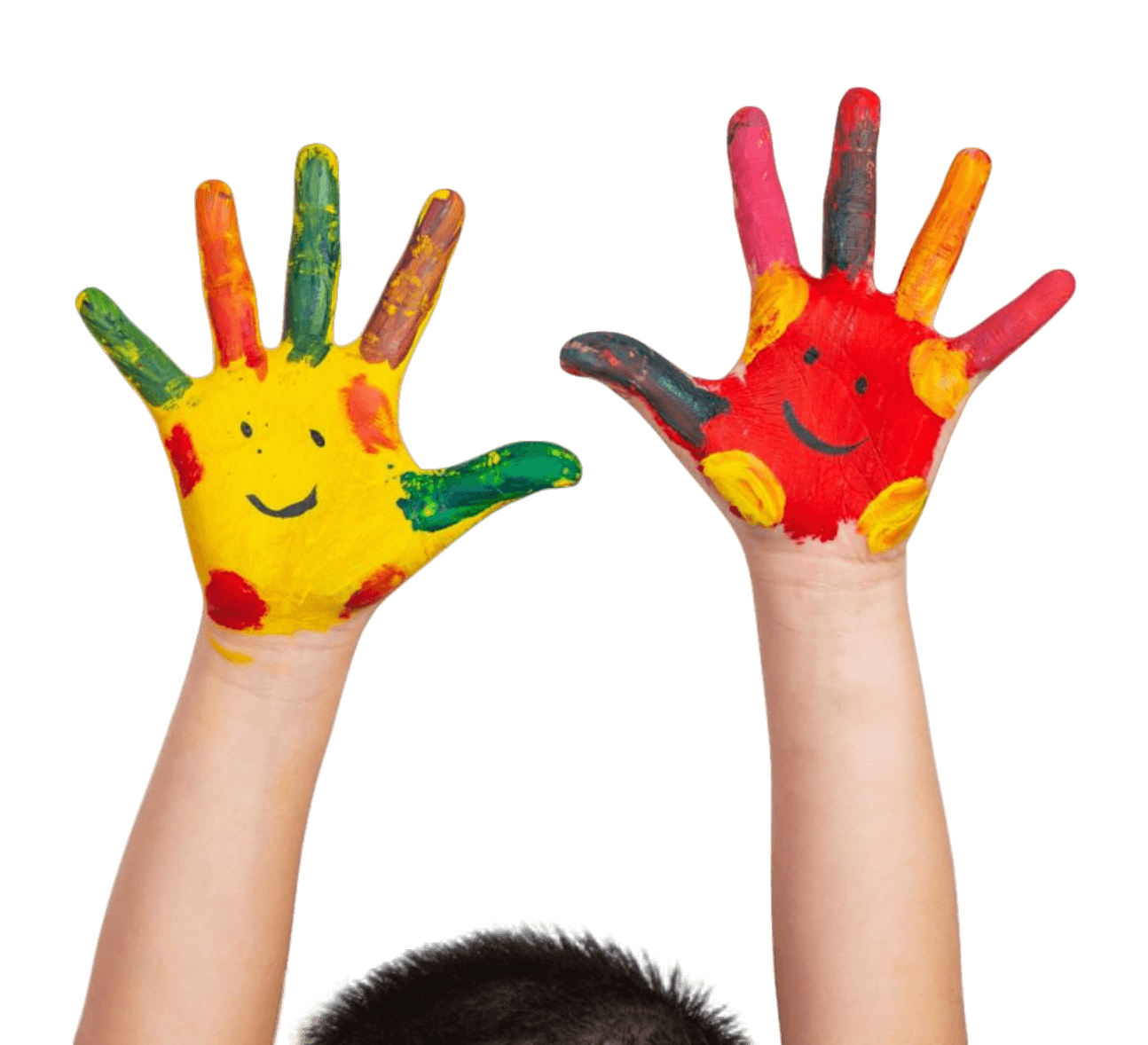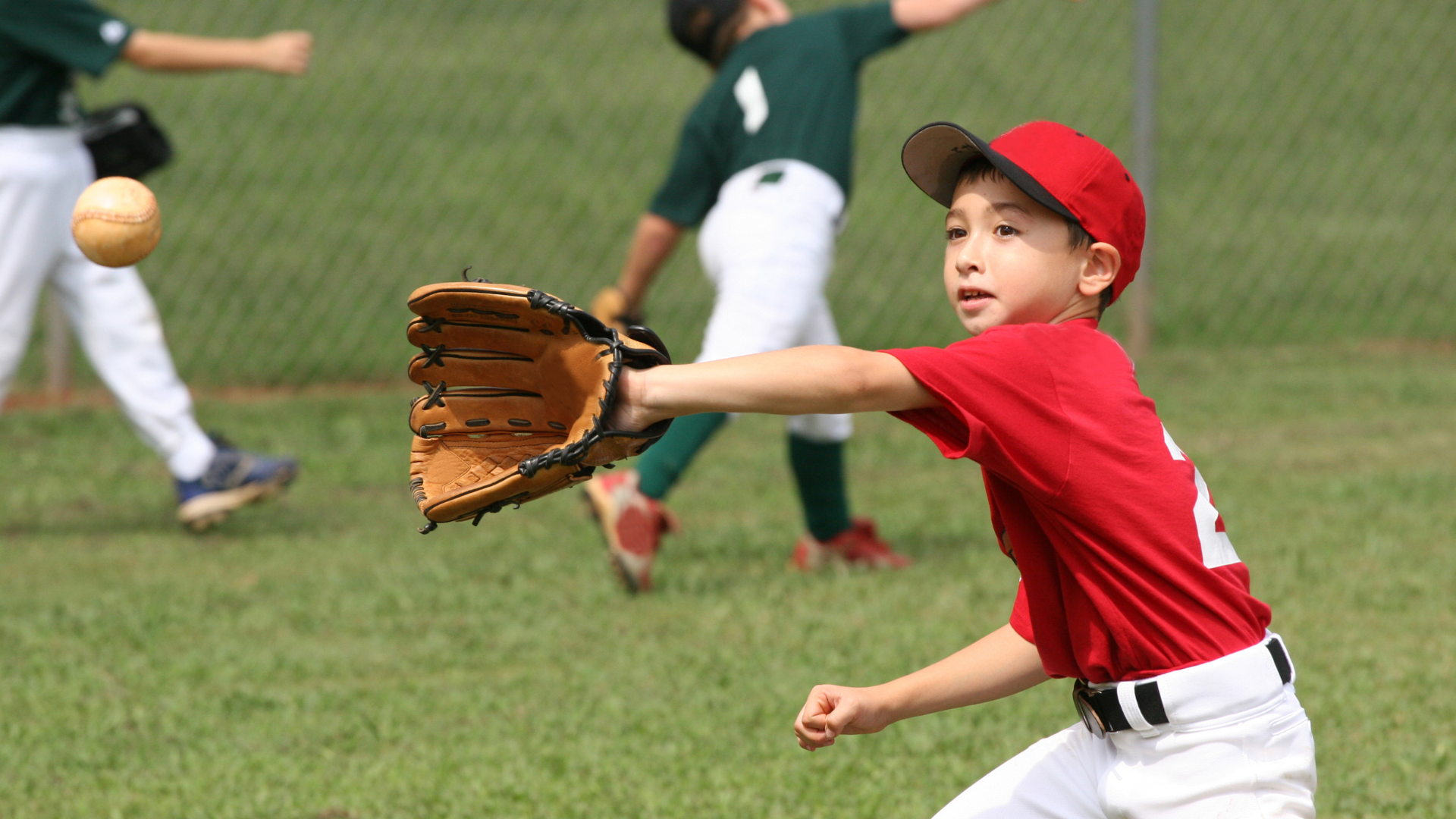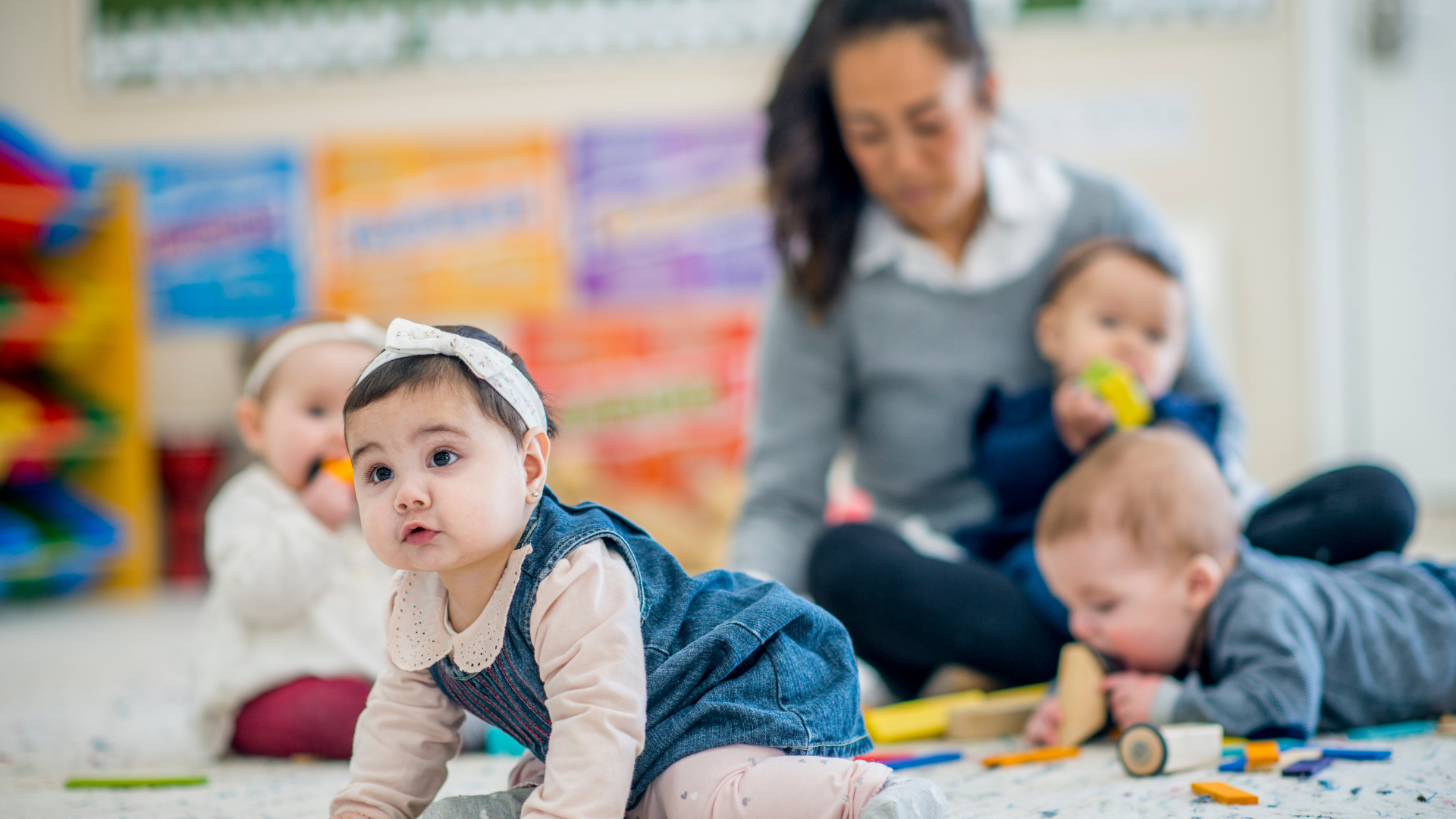Anger is an emotion that can be incredibly destructive when it’s uncontrolled. Anger is one of the most common reasons for physical violence between spouses, parents, and children. Fortunately, there are plenty of ways to help kids learn how to deal with their anger constructively. In this blog post, I’ll discuss some of the most effective methods and share tips for helping our children learn how to control their anger.
Why Kids Are Angry
Anger is a normal human emotion. It’s what helps us fight when we’re threatened or hurt. But sometimes, it can get out of control and lead to problems. Kids are especially prone to getting angry. That’s because they’re new to the world and often don’t understand why things happen the way they do. They may not know how to deal with difficult situations or express their feelings safely and effectively. If our child is angry, it can be hard to manage their behaviour. If we’re struggling to manage our child’s anger, it might be helpful to talk to a therapist. They can help us learn how to best deal with our child’s anger and help them move on from difficult situations.
Common Causes of Children’s Anger
There are many reasons why children can become angry. Here are some of the most common causes:
Environmental Factor
Lack of control or frustration over their environment or situation happens when they need more access to things they want, feel ignored or misunderstood, or feel like they need to be in control.
Abuse and Violence
Children who experience physical and sexual abuse may become angry and lash out because they don’t have any other way to deal with their pain. Kids who live in violent households may also develop anger management issues as a protection mechanism.
Bullying
When kids are bullied, it can be incredibly frustrating and humiliating. They may react by becoming angry and aggressive to defend themselves.
Low Self-esteem
If a child feels like they’re not good enough, it can lead to anger and frustration. They may lash out at anyone who makes them feel this way, including family members, friends, and classmates.
Traumatic Events
A traumatic event is anything that upsets or disturbs the normal balance of a person’s life – something that might happen during childhood or adolescence can cause long-term anger problems. Examples include being physically assaulted, witnessing violence firsthand, losing someone close to them, experiencing a natural disaster like a hurricane or tornado, or experiencing developmental trauma such as neglect or abuse.
How to Help Children Deal With Their Anger
There is no one-size-fits-all answer to helping children manage their anger, as the best way to help depends on the child’s circumstances and personality. However, some general tips can be helpful in most cases.
One of the first things to do is to understand where the child’s anger comes from. Sometimes anger is a symptom of underlying problems or emotions, and it can be helpful to work with the child to identify these issues. Talking about those events may be beneficial if the anger is related to specific events or incidents. Suppose the child is resistant to talking about their anger. In that case, it may be helpful to try role-playing scenarios where the child imaginatively plays out different versions of what could have made them angry. This can help them explore their thoughts and feelings more deeply.
Another critical factor in managing anger is stress management. Children need to learn how to deal with stressful situations healthily so they don’t react angrily when things get tough. Activities like yoga, meditation, and deep breathing exercises can help reduce stress levels and promote calmness in kids.
In extreme cases where children resort to violence or other destructive behaviours to cope with their anger, professional help may be required. However, in most cases, parents can play an essential role by providing guidance and support while closely monitoring their child’s emotional state.
If our child or we are feeling overwhelmed by anger, it may be helpful to seek counselling or therapy. These services can provide guidance and support as we manage our child’s anger and emotions.
Ways to Teach Kids About Anger in a Healthy Way
There are several ways to help kids learn about and healthily manage their anger. Here are a few tips to help kids healthily manage their rage:
- Be aware of anger triggers and avoid those situations as much as possible.
- Constructively express anger rather than using foul language or getting into fights.
- Learn how to identify the different types of Anger and how to deal with them effectively.
- Teach kids about the benefits of anger control and how it can help them.
- Help them learn how to deal with situations that cause anger, such as teasing or disagreeing with someone.
By following these tips, we can help our kids learn to manage their anger healthily.
Don’t Let Anger Control the Narrative But the Way Around
As parents, we are responsible for ensuring that our children can deal with their anger healthily. We can help them do this by teaching them the skills they need to manage their emotions constructively. Doing this ensures our children have the tools they need to lead successful lives.








